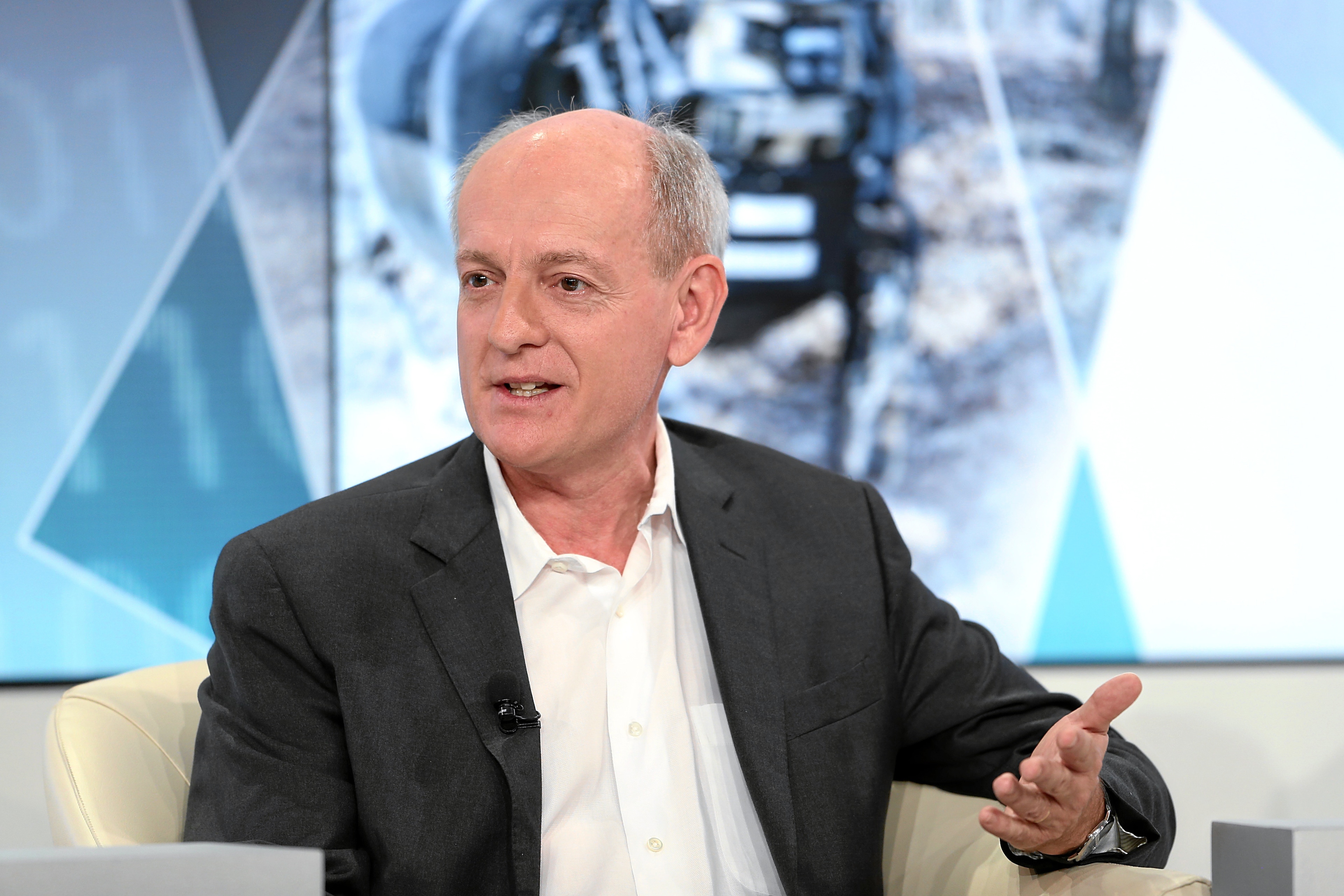Positive AI Economic Futures

Many computer science experts believe that, in this century, machines will be able to do most tasks better than humans. Given these sorts of predictions, it is important to think about the possible consequences of AI for the future of work and to prepare for different scenarios. Continued progress in these technologies could have disruptive effects: from further exacerbating recent trends in inequality to denying more and more people their sense of purpose and fulfillment in life, given that work is much more than just a source of income.
Many computer science experts believe that, in this century, machines will be able to do most tasks better than humans. Given these sorts of predictions, it is important to think about the possible consequences of AI for the future of work and to prepare for different scenarios. Continued progress in these technologies could have disruptive effects: from further exacerbating recent trends in inequality to denying more and more people their sense of purpose and fulfillment in life, given that work is much more than just a source of income.
Drawing from workshops and interviews with more than 150 thought leaders from a variety of different fields, this report aims to start a discussion about what positive AI economic futures we want, and how to overcome the challenges we might face in achieving them.
